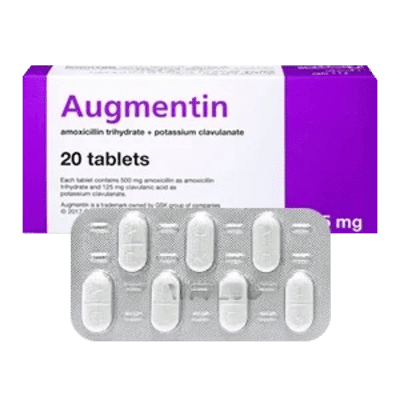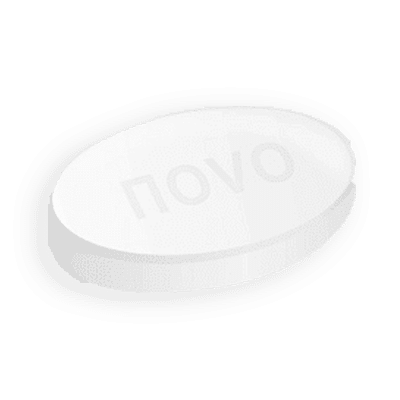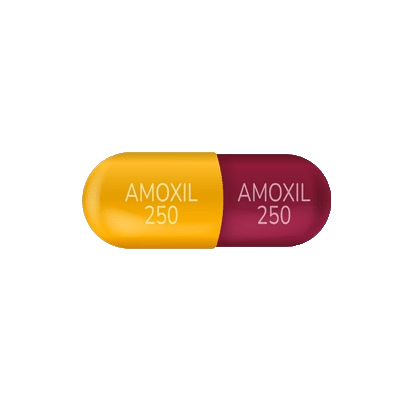I have been taking Augmentin for a few days now and the results are encouraging so far. The symptoms of the infectious disease have begun to noticeably recede and the condition has noticeably improved.

Augmentin
- Discreet shipping
- Pay with crypto
- Quality products
- BTC,
- ETH,
- USDT,
- USDC
What is it?
Augmentin is a broad-spectrum antibiotic designed to combat a variety of microorganisms. This drug effectively destroys both aerobic (developing in an oxygen environment) and anaerobic (developing without oxygen) gram-positive and some gram-negative aerobic bacteria, including strains that produce beta-lactamases – enzymes that destroy penicillin. The key component of the drug – potassium clavulanate – increases the resistance of Augmentin to the effects of beta-lactamases. This antibiotic is prescribed for the treatment of many infectious diseases, including pneumonia, respiratory infections, gastrointestinal tract diseases, urogenital infections and postoperative infections.
Frequently asked questions
Composition
The composition of the drug Augmentin is unique and complex, which determines its effectiveness against a wide range of microorganisms. This antibiotic includes several active and auxiliary elements that contribute to its therapeutic effect.
- Amoxicillin is the main active component, a penicillin antibiotic.
- Clavulanic acid is a beta-lactamase inhibitor that prevents the destruction of amoxicillin.
- Potassium clavulanate is a salt of clavulanic acid, serves to enhance the effect of amoxicillin.
- Additional auxiliary substances, among which there are various stabilizers and fillers.
This combination of components enhances the effect of the drug and allows it to cover a wider range of bacteria than many other antibiotics.
How to use?
The correct use of Augmentin depends on a number of factors, including the severity of the disease, the location of the infection, and the individual characteristics of the patients body. When prescribing a dosage, all these parameters are taken into account in order to achieve the desired therapeutic effect.
- Augmentin is recommended to be taken in doses prescribed by a doctor, strictly individually for each patient.
- The tablet should be swallowed whole, without chewing, using a sufficient amount of water.
- If the form is taken in the form of chewing gum or chewable tablets, they must be chewed thoroughly before swallowing.
Use the antibiotic at regular intervals, which ensures a constant concentration of active substances in the blood and increases the effectiveness of treatment.
How does it work?
The mechanism of action of Augmentin is its ability to disrupt the vital processes of bacteria. The main active component of the drug is amoxicillin, which prevents the synthesis of the bacterial cell wall, which leads to their death. Clavulanic acid in the drug plays a vital role in protecting amoxicillin from destruction by external factors. It binds to beta-lactamase enzymes, which are produced by resistant bacteria, and allows amoxicillin to freely enter bacterial cells.
This synergistic action of the components makes Augmentin a powerful drug against many infections, the spectrum of which covers both gram-positive and some gram-negative bacteria. This allows the drug to effectively cope with penicillin-resistant strains, which makes it indispensable in the treatment of serious infections.
Indications
Augmentin is often prescribed for various infectious diseases, covering a wide range of bacterial infections. Properly selected treatment helps to overcome many infections effectively and quickly. The drug can be useful in the following cases:
- Upper and lower respiratory tract infections, including pneumonia and bronchitis.
- Ear, nose and throat infections, such as sinusitis and otitis media.
- Genitourinary tract infections, including cystitis and pyelonephritis.
- Skin and soft tissue infections.
- Postoperative infectious complications.
The use of the antibiotic should only be carried out under the supervision of a doctor to avoid possible side effects and bacterial resistance.
Contraindications
Augmentin may not always be recommended for use. There are certain conditions and diseases in which the use of this antibiotic should be avoided. Patients with a certain medical history should be especially careful and consult a doctor before starting treatment.
- Allergy to penicillin antibiotics or other components of the drug.
- History of severe allergic reactions to other medications.
- Liver or kidney failure.
- Presence of a viral infection, such as infectious mononucleosis.
Rational and careful use of the drug helps reduce the risk of adverse reactions or complications.
Side effects
Like any other drug, Augmentin can cause side effects of varying severity. Their occurrence depends on the characteristics of the patients body and possible individual intolerance to the components of the drug.
- Dyspepsia and gastrointestinal disorders, including nausea and vomiting.
- Allergic reactions, such as rash and urticaria.
- Liver disorders, including hepatitis and jaundice.
- Dizziness and abdominal pain.
- Medical effects on the mucous membrane, including vaginal itching and others.
In case of severe or ongoing symptoms, you should consult a doctor for advice and possible replacement of the drug.
Augmentin Reviews and Experiences
I developed a mild skin rash after taking Augmentin, but my infection cleared up quickly. I am pleased with the results, although the side effect was a bit disconcerting.
My doctor prescribed Augmentin when I had sinus symptoms. The drug helped to fight the infection, but I was a little concerned about the side effects, such as mild nausea. However, overall, I am happy with the treatment.



